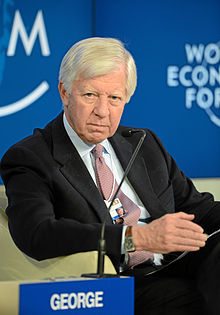The Little Things That Affect Our Work Relationships
by Kerry Roberts Gibson and Beth Schinoff
One afternoon a manager we’ll call Kassie sent an email to her teammate, Harrison, explaining why she hadn’t included him in a meeting with a group of company executives earlier that day. She and Harrison got along well, and she wanted to make sure he wasn’t offended. Two days later the email still hadn’t been returned. This small incident made Kassie question their relationship. Why the sudden rudeness — was Harrison actually upset? Were they really on “good” terms? How should she act the next time they crossed paths? Harrison, meanwhile, had “write Kassie back” on his to-do list but had just been too busy to get around to it. He had no idea that his slow response concerned Kassie.
If you look closely, you’ll see that coworker relationships are actually made up of a series of “micromoves” — small actions or behaviors that seem inconsequential in the moment but affect how we relate to one another. Micromoves are like the steps that characterize a dance. You take a step, and then your coworker takes a step. Each step, or micromove, can change the direction of the relationship. A small act of gratitude or compassion — like saying “thank you” when someone holds a door open or being understanding when someone is late for a meeting — can bring people together and help build long-term trust, researchers suggest. On the flip side, something as seemingly mundane as Harrison’s delayed response can create tension and negative feelings that may linger a long time.







